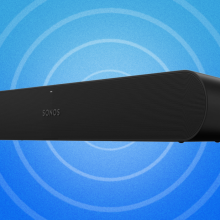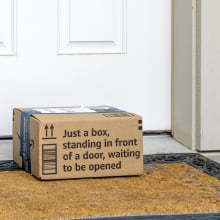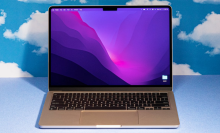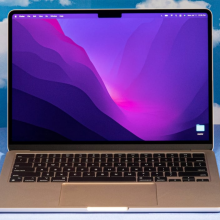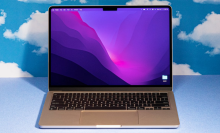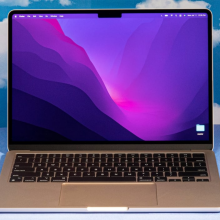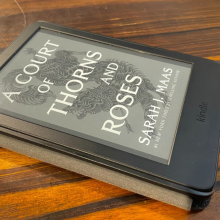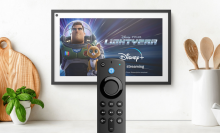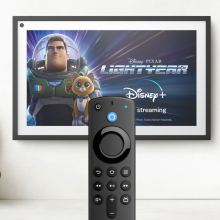All those hours you've spent searching for the perfect reaction GIF from The Office or drooling over mukbangs on YouTube seem insignificant in the grand scheme of things — but to Google, hackers, your internet service provider (ISP), and even certain government agencies, that browsing history is a valuable commodity.
And guess what? They're probably tracking and logging every digital move you make. Like, right now.
Such is the importance of a virtual private network, or VPN.
What is a VPN?
We've dedicated tens of thousands of words to waxing poetic about all of the benefits of using a VPN, but for the uninitiated, here's the nitty-gritty: A VPN is a service that makes your web presence more difficult to track and trace. And if someone can't track or trace your web presence, they can't collect your personal data and do icky things with it — like sell it to advertisers or use it to incriminate you in nefarious activities.
If you've ever looked into using a VPN before, you've probably noticed that some of them are free, while others require paid subscription plans. That's odd, you might've thought. Why would anyone choose to pay for a VPN if free ones exist?
It's tempting to give free VPNs a shot — hey, free is free is free — but if your budget allows it, you should *always* opt for a paid provider.
Why should you pay for a VPN?
A VPN keeps you anonymous online by masking your IP address and encrypting your traffic through its secure servers, and while it would be nice of providers to give away and maintain this technology for free, they have to make money somehow. (Capitalism, amiright?) So, if they're not charging you a monthly or annual fee to use their service, they're likely logging and selling your data in order to pay their bills. Some even have the audacity to seed their products with spyware.
In the best-case scenario, that data will be used to generate eerily specific ads based on your browsing history. At worst, your privacy will be compromised.
Who has the cheapest VPN service?
On the plus side, it's not terribly difficult to find a cheap VPN service. Here are a few tips that can help you stretch your dollar further:
Look for deals around major holidays. Not just shopping events like Black Friday and Cyber Monday, either — we've seen VPN sales pop up for Valentine's Day, Labor Day, and Halloween, too.
Consider signing up for a long-term plan. Most providers will drastically lower their rates for users who are willing to commit to a multi-year subscription.
Read the fine print. Some of those rates are just introductory prices, so you may wind up with a much more expensive plan after your initial term ends.
At just $1.99 a month for a 24-month plan that included an additional three months for free, PureVPN was offering the cheapest rate at the time of publication, but it's not necessarily our first pick. Below, you'll find our guide to the cheap VPNs that deliver the very best value for your money:



